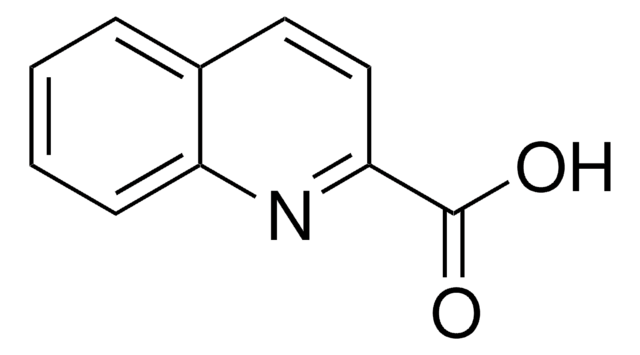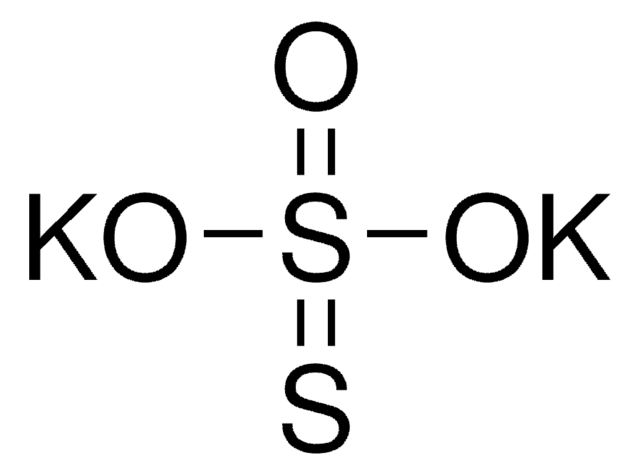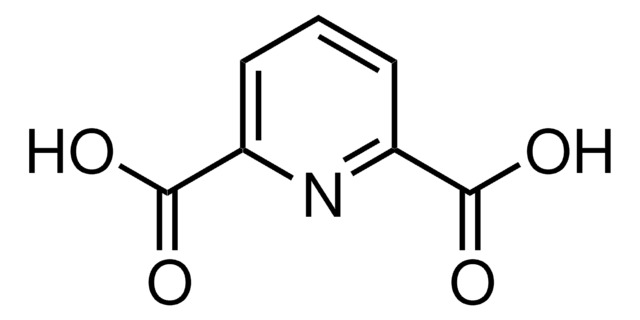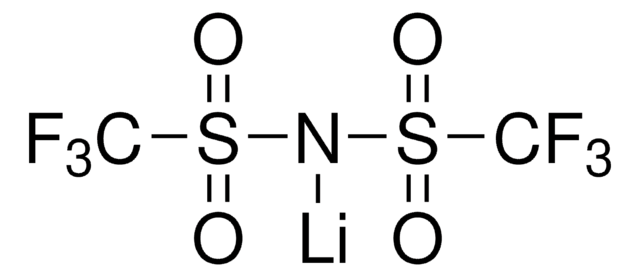60246
Potassium formate
BioUltra, ≥99.0% (NT)
Synonyme(s) :
Formic acid potassium salt
About This Item
Produits recommandés
Gamme de produits
BioUltra
Niveau de qualité
Pureté
≥99.0% (NT)
Forme
solid
Impuretés
insoluble matter, passes filter test
pH
7.0-8.5 (25 °C, 1 M in H2O)
Pf
165-168 °C (lit.)
Solubilité
H2O: 1 M at 20 °C, clear, colorless
Traces d'anions
chloride (Cl-): ≤50 mg/kg
sulfate (SO42-): ≤50 mg/kg
Traces de cations
Al: ≤5 mg/kg
As: ≤0.1 mg/kg
Ba: ≤5 mg/kg
Bi: ≤5 mg/kg
Ca: ≤10 mg/kg
Cd: ≤5 mg/kg
Co: ≤5 mg/kg
Cr: ≤5 mg/kg
Cu: ≤5 mg/kg
Fe: ≤5 mg/kg
Li: ≤5 mg/kg
Mg: ≤5 mg/kg
Mn: ≤5 mg/kg
Mo: ≤5 mg/kg
Na: ≤5000 mg/kg
Ni: ≤5 mg/kg
Pb: ≤5 mg/kg
Sr: ≤5 mg/kg
Zn: ≤5 mg/kg
λ
1 M in H2O
Absorption UV
λ: 260 nm Amax: 0.09
λ: 280 nm Amax: 0.08
InChI
1S/CH2O2.K/c2-1-3;/h1H,(H,2,3);/q;+1/p-1
Clé InChI
WFIZEGIEIOHZCP-UHFFFAOYSA-M
Vous recherchez des produits similaires ? Visite Guide de comparaison des produits
Catégories apparentées
Application
Code de la classe de stockage
13 - Non Combustible Solids
Classe de danger pour l'eau (WGK)
WGK 1
Point d'éclair (°F)
Not applicable
Point d'éclair (°C)
Not applicable
Équipement de protection individuelle
Eyeshields, Gloves, type N95 (US)
Certificats d'analyse (COA)
Recherchez un Certificats d'analyse (COA) en saisissant le numéro de lot du produit. Les numéros de lot figurent sur l'étiquette du produit après les mots "Lot" ou "Batch".
Déjà en possession de ce produit ?
Retrouvez la documentation relative aux produits que vous avez récemment achetés dans la Bibliothèque de documents.
Notre équipe de scientifiques dispose d'une expérience dans tous les secteurs de la recherche, notamment en sciences de la vie, science des matériaux, synthèse chimique, chromatographie, analyse et dans de nombreux autres domaines..
Contacter notre Service technique








